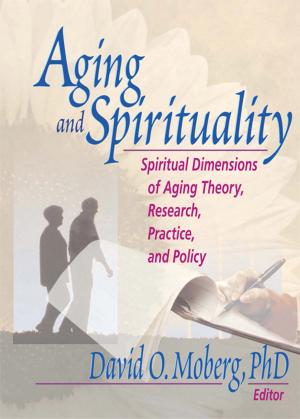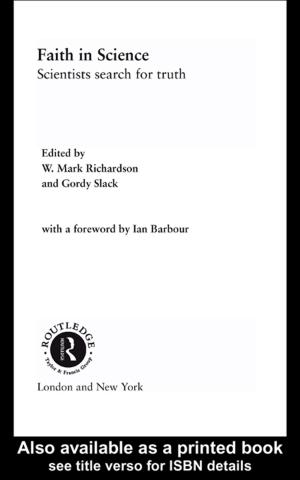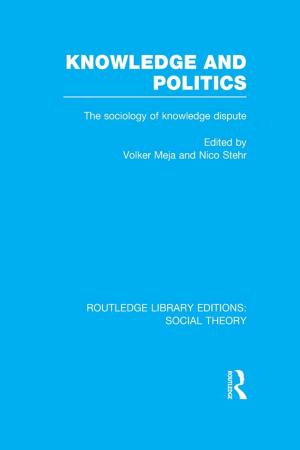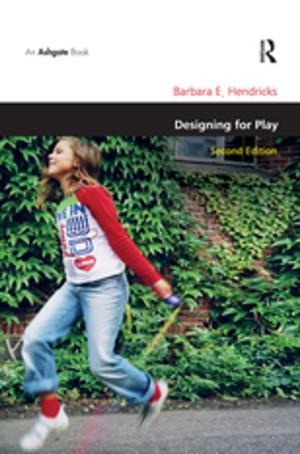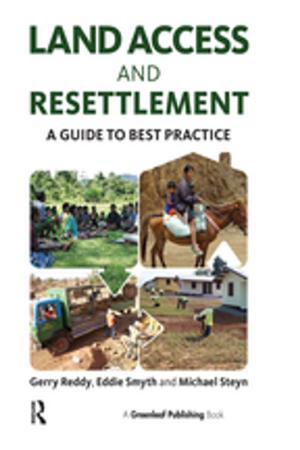The Art of Jewish Pastoral Counseling
A Guide for All Faiths
Nonfiction, Health & Well Being, Psychology, Psychoanalysis, Counselling, Mental Health| Author: | Michelle Friedman, Rachel Yehuda | ISBN: | 9781315535319 |
| Publisher: | Taylor and Francis | Publication: | November 18, 2016 |
| Imprint: | Routledge | Language: | English |
| Author: | Michelle Friedman, Rachel Yehuda |
| ISBN: | 9781315535319 |
| Publisher: | Taylor and Francis |
| Publication: | November 18, 2016 |
| Imprint: | Routledge |
| Language: | English |
The Art of Jewish Pastoral Counseling provides a clear, practical guide to working with congregants in a range of settings and illustrates the skills and core principles needed for effective pastoral counseling. The material is drawn from Jewish life and rabbinic pastoral counseling, but the fundamental principles in these pages apply to all faith traditions and to a wide variety of counselling relationships.
Drawing on relational psychodynamic ideas but writing in a very accessible style, Friedman and Yehuda cover when, how and why counseling may be sought, how to set up sessions, conduct the work in those sessions and deal with difficult situations, maintain confidentiality, conduct groupwork and approach traumatic and emotive subjects. They guide the reader through the foundational principles and topics of pastoral counseling and illustrate the journey with accessible and lively vignettes. By using real life examples accompanied by guided questions, the authors help readers to learn practical techniques as well as gain greater self-awareness of their own strengths and vulnerabilities.
With a host of examples from pastoral and clinical experience, this book will be invaluable to anyone offering counselling to both the Jewish community and those of other faiths. The Art of Jewish Pastoral Counseling will appeal to psychoanalysts, particularly those working with Jewish clients, counselors, psychotherapists, psychoanalysts and rabbis offering pastoral counseling, as well as clergy of other faiths such as ministers, priests, imams and lay chaplains.
The Art of Jewish Pastoral Counseling provides a clear, practical guide to working with congregants in a range of settings and illustrates the skills and core principles needed for effective pastoral counseling. The material is drawn from Jewish life and rabbinic pastoral counseling, but the fundamental principles in these pages apply to all faith traditions and to a wide variety of counselling relationships.
Drawing on relational psychodynamic ideas but writing in a very accessible style, Friedman and Yehuda cover when, how and why counseling may be sought, how to set up sessions, conduct the work in those sessions and deal with difficult situations, maintain confidentiality, conduct groupwork and approach traumatic and emotive subjects. They guide the reader through the foundational principles and topics of pastoral counseling and illustrate the journey with accessible and lively vignettes. By using real life examples accompanied by guided questions, the authors help readers to learn practical techniques as well as gain greater self-awareness of their own strengths and vulnerabilities.
With a host of examples from pastoral and clinical experience, this book will be invaluable to anyone offering counselling to both the Jewish community and those of other faiths. The Art of Jewish Pastoral Counseling will appeal to psychoanalysts, particularly those working with Jewish clients, counselors, psychotherapists, psychoanalysts and rabbis offering pastoral counseling, as well as clergy of other faiths such as ministers, priests, imams and lay chaplains.







